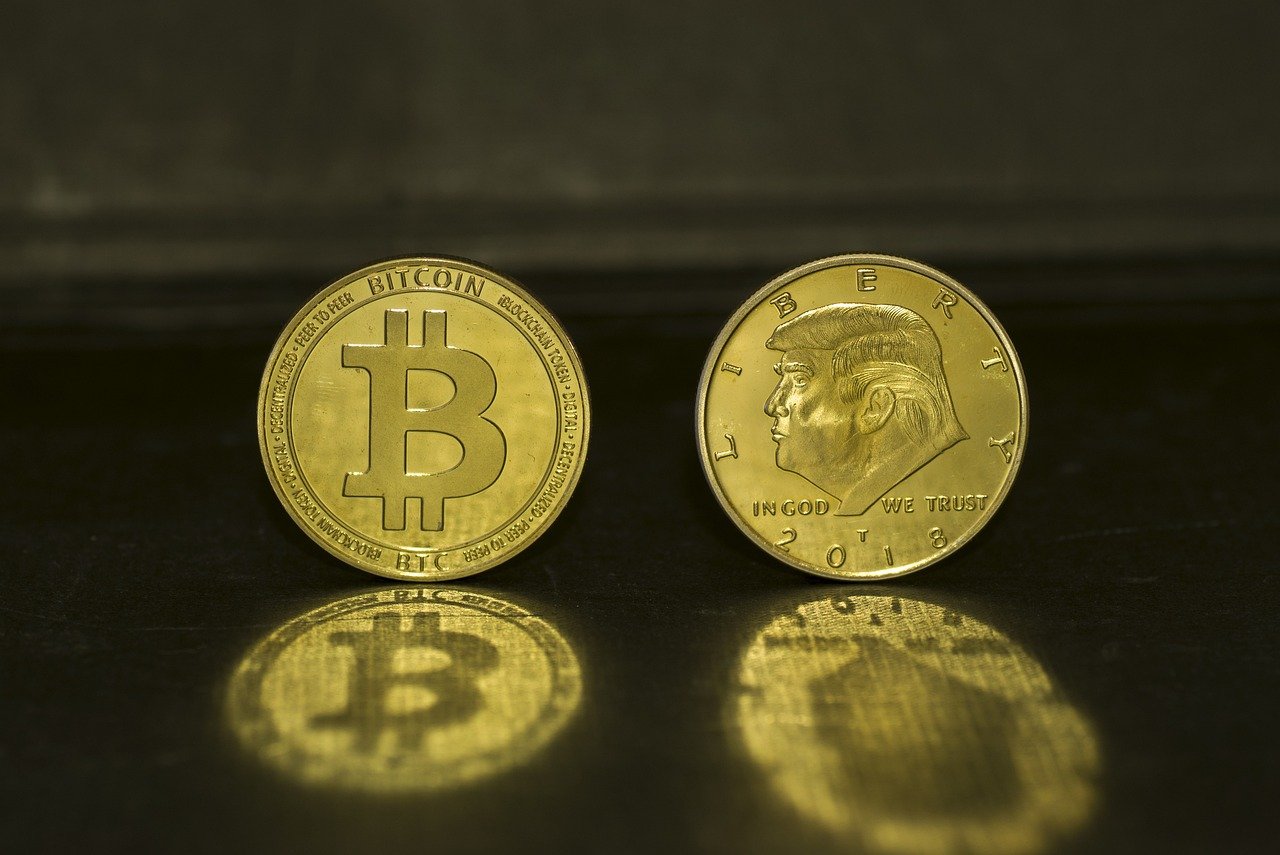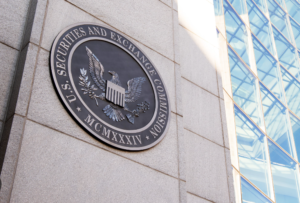$SPX $DJI $BTC
#Markets #Trump #Economy #Investing #Stocks #Crypto #FederalReserve #Inflation #InterestRates #Geopolitics #WallStreet #Recession
The financial markets have been on edge, with investors grappling with a mix of uncertainty and volatility. While former President Donald Trump’s ongoing legal battles and election prospects have caught headlines, they are not the sole cause of market unease. A broader set of factors is weighing on sentiment, ranging from Federal Reserve policy shifts to global economic headwinds. Inflation remains a primary concern, as central banks try to strike a balance between curbing price increases and sustaining economic growth. The outlook on interest rates has also led to volatility across asset classes, with stocks, bonds, and cryptocurrencies reacting to every signal from policymakers. Furthermore, geopolitical tensions, supply chain challenges, and corporate earnings have played a significant role in shaping the current investment climate.
One of the major concerns for markets is the Federal Reserve’s stance on monetary policy, which continues to evolve based on inflation data and labor market trends. The Fed’s aggressive rate hikes in previous years have had a lagging effect on economic activity, with some sectors now showing signs of strain. While inflation has come down from its peak levels, it remains sticky in certain areas, leading to speculation about whether the central bank will maintain a higher-for-longer rate policy. This uncertainty has directly impacted equity markets, with the S&P 500 and Dow Jones experiencing price swings as investors adjust their expectations. Additionally, bond yields have risen, influencing borrowing costs for businesses and consumers. The cryptocurrency market, including Bitcoin, has also seen fluctuations as interest rates affect the appeal of riskier assets.
Beyond monetary policy, global economic conditions have triggered concerns among investors. China’s struggling real estate sector, weaker-than-expected economic growth, and trade tensions with Western economies have added to market jitters. At the same time, Europe’s sluggish expansion and persistent energy concerns have weighed on sentiment. U.S. corporate earnings have been mixed, with some sectors such as technology maintaining resilience, while others, like retail and manufacturing, face headwinds. Supply chain disruptions, higher input costs, and weakening consumer demand have created a challenging operating environment for many companies. As investors navigate these dynamics, market volatility remains heightened, making it difficult to establish a clear direction for asset prices.
Geopolitical risks also loom large over financial markets. Escalating tensions in the Middle East, ongoing conflicts in Eastern Europe, and uncertainty surrounding future U.S. trade policies have all contributed to a climate of caution. Investors are closely monitoring potential changes in government policies and regulatory shifts that could impact corporate profitability. While Trump’s political and legal issues remain in the spotlight, they are only one piece of the larger puzzle affecting market sentiment. The combination of macroeconomic uncertainties, central bank actions, and global instability suggests that market volatility is unlikely to subside soon. Investors will need to remain vigilant and adapt their strategies to navigate these challenging times effectively.











Comments are closed.